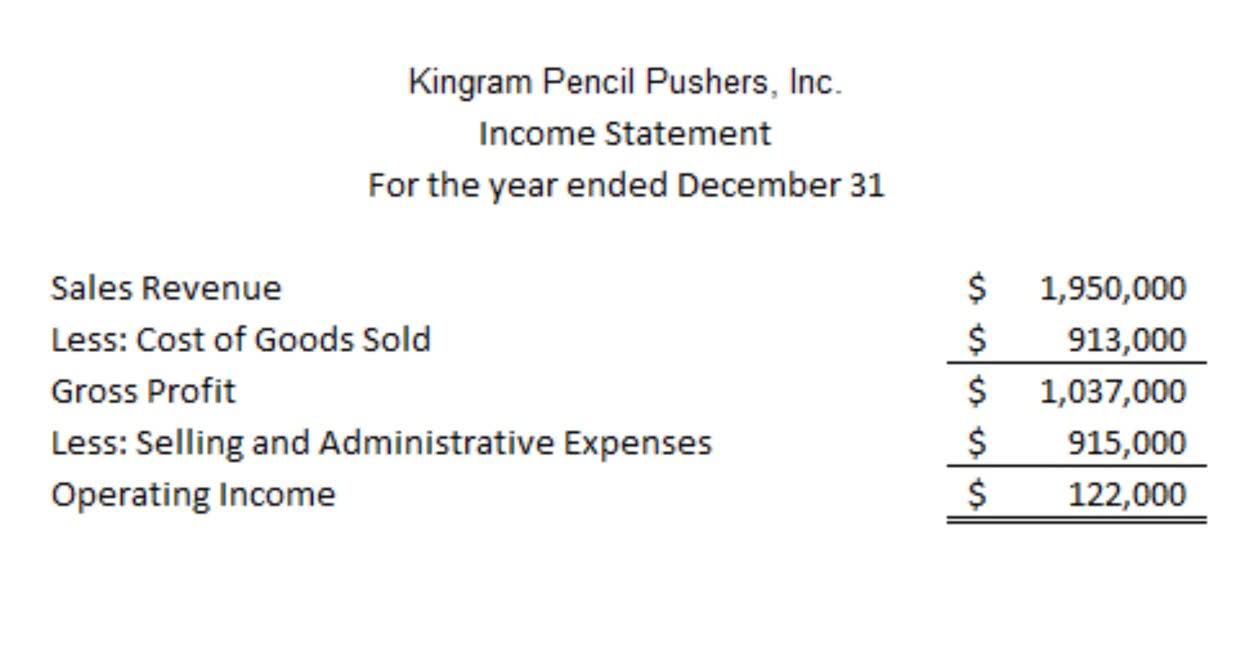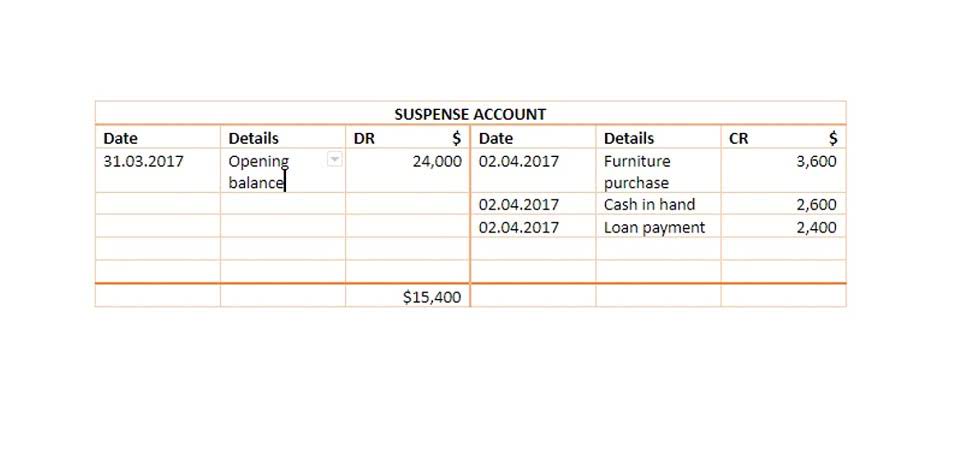
Financial accounting guidance dictates how a company recognizes revenue, records expenses, and classifies types of expenses. An income statement, also known as a “profit and loss statement,” reports a company’s operating activity during a specific period of time. Accounting provides information for all these purposes through the maintenance of data, the analysis and interpretation of these data, and the preparation of various kinds of reports.

Organizations
A transaction is an event which can be expressed in terms of money and which brings a change in the financial position of a business enterprise. An event is an incident or a happening which may or may not being any change in the financial position of a business enterprise. Recording pertains to writing down or keeping records of business transactions. Once they are classified, information is summarized into reports which we call financial statements. It is a means through which information about a business entity is communicated. Through the financial statements – the end-product reports in accounting – it delivers information to different users to help them in making decisions.

Purpose of Accounting Principles
By their very nature, provisions are estimates of probable loss related to the future for events undertaken in the past and present. However, the increased volume and complexity of transactions in today’s global economy have made efficient account management more critical than ever. income statement As businesses grow and diversify, maintaining accurate and detailed accounts becomes essential for compliance, strategic planning, and maintaining investor confidence.
Company
That said, most employers prefer candidates with a degree in business, accounting, or economics. Operating across states and offices calls for more financial insight. While a department isn’t cheap, you can see a return on investment over time. We decide how much to spend on marketing, R&D, and reinvesting profits after examining the company’s accounts.

What Types of Careers Are in the Accounting Field?
Accounting is especially important for internal users of the organization. Internal users may include the people that plan, organize, and run the organization. Business decisions may range from deciding to pursue geographical expansion to improving operational efficiency. Even though it won’t actually perform the work until the next month, the cash method calls for revenue to be recognized when cash is received. When the company does the work in the following month, no journal entry is recorded, because the transaction will have been recorded in full the prior month. Another example of the accrual method of accounting is expenses that have not yet been paid.

- Cost accounting, for example, helps businesses determine the cost of producing goods or services, enabling more accurate pricing decisions.
- Accountants analyze the flow of cash through your business to improve operations.
- The accounting information helps the management to plan its future activities by preparing budgets in respect of sales, production, expenses, cash, etc.
- Analysts, managers, business owners, and accountants use this information to determine what their products should cost.
Financial accounting keeps businesses transparent about their overall health. Accountants convey this data to a wide range of users, including the company’s management, shareholders, and creditors. Without accounting, it would be virtually impossible for businesses to be able to make short-term and long-term decisions. We make most of our commercial decisions after using this type of data.

- For instance, a small business owner might use accounting to track cash flow and ensure there are sufficient funds to pay suppliers.
- The professionals who lead these efforts possess deep, detailed technical proficiencies often developed through a bachelor’s degree program in accounting.
- Accountants also provide other services, such as performing periodic audits or preparing ad-hoc management reports.
- GAAP is a set of standards and principles designed to improve the comparability and consistency of financial reporting across industries.
- It communicates the monetary activities of an organisation to buyers, regulators, and bosses.
LLC structures allow business owners to separate their personal finances from the company’s finances. Owners of LLCs cannot be held personally liable for debts incurred solely by the company. Accountants also distinguish between current and accounting meaning long-term liabilities. Current liabilities are liabilities due within one year of a financial statement’s date. In the United States, privately held companies are not required to follow GAAP, but many elect to do so voluntarily. However, publicly traded companies whose securities fall under SEC regulations must use GAAP standards.
- Software solutions like QuickBooks, Xero, and SAP automate tasks such as data entry, reconciliations, and financial reporting.
- Accounting is more than simply managing numbers; it’s also known as the language of commercial enterprise.
- This systematic approach ensures accuracy and consistency in financial reporting.
- Specialises in preparing and filing tax returns while ensuring compliance with tax laws and identifying tax-saving opportunities.
- Accounting information exposes your company’s financial performance; it tells whether you’re making a profit or just running into losses at the end of the day.
- Accounts are the backbone of any accounting system, providing a structured way to record, categorize, and analyze financial transactions.
- Small or private companies may also use financial accounting, but they often operate with different reporting requirements.
- For example, hiring an additional employee is qualitative information with no financial character.
- These firms, along with many other smaller firms, comprise the public accounting realm that generally advises financial and tax accounting.
- The UK Generally Accepted Accounting Principles (UK GAAP) outline specific Accounting standards and principles for businesses operating in the United Kingdom.
- Managerial accounting, on the other hand, focuses on internal analysis to support strategic initiatives like process improvement or resource allocation.
To help, we’ll detail everything you need to know about the basics of accounting. The main purpose of accounting principles is to guarantee that a business’s financial recordings and statements are consistent and to the point. Accurate knowledge of accounting principles makes it easy for investors to extract and analyse necessary information from financial statements. For example, a company with $100,000 in revenue and $70,000 in expenses for the year will close bookkeeping and payroll services these accounts by transferring the net income of $30,000 to the Retained Earnings account. This process ensures that revenue and expense accounts start at zero for the next period, allowing for accurate tracking of financial performance.